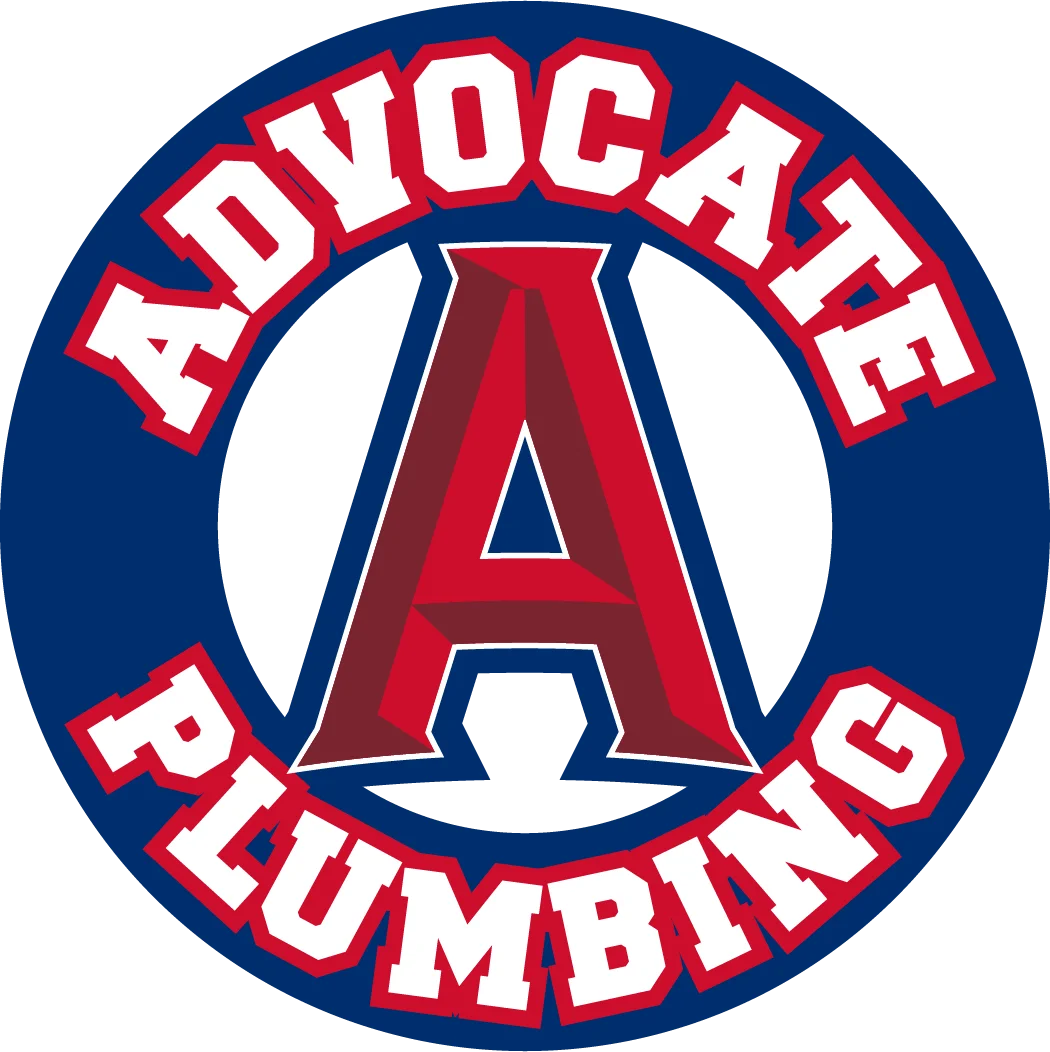Serving Hamilton County & Surrounding Areas
Preventive Plumbing Inspection Guide Every Homeowner Should Follow
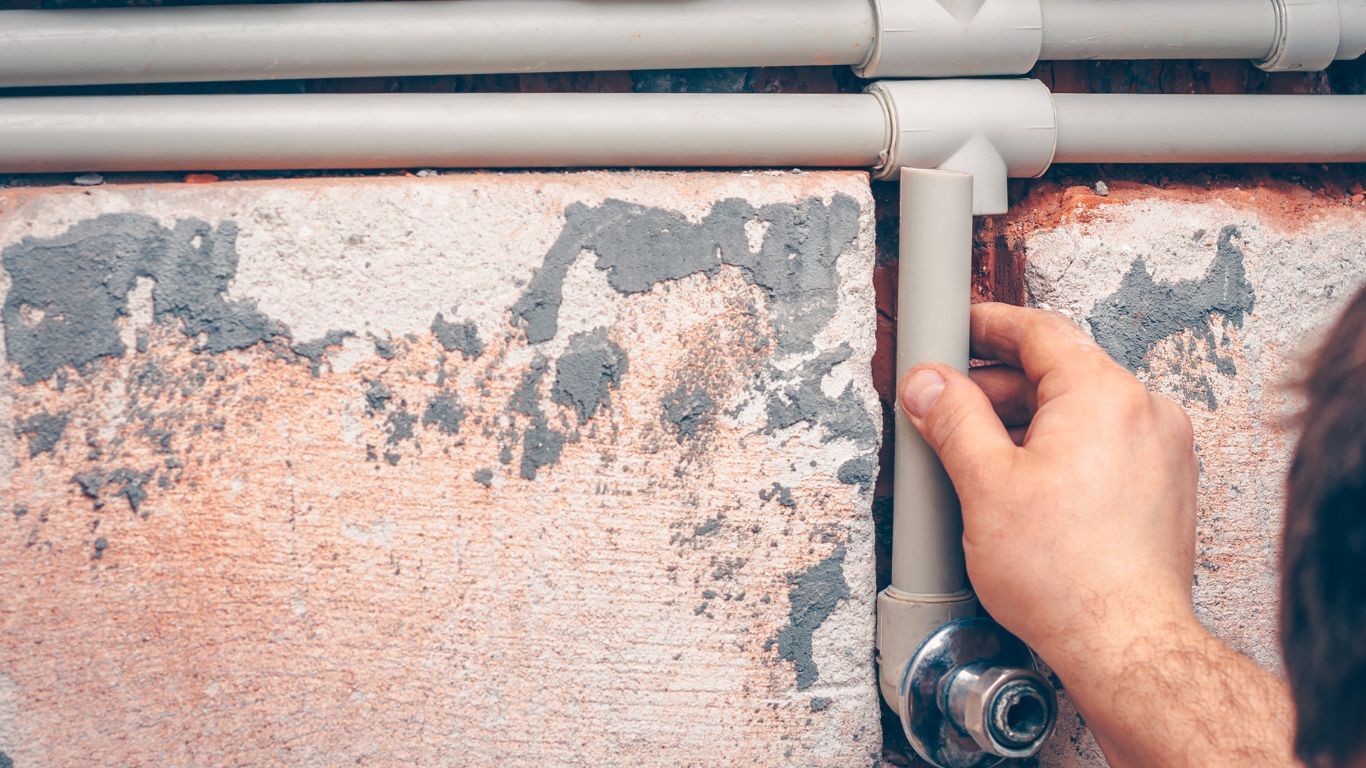
Owning a home in Noblesville comes with many responsibilities, and one of the most important is keeping your plumbing system in good condition. Plumbing problems often go unnoticed until they turn into expensive emergencies, but a preventive plumbing inspection can help you avoid that stress.
A preventive plumbing inspection helps homeowners in Noblesville avoid costly repairs by checking for leaks, testing water pressure, inspecting fixtures, evaluating drains, and reviewing water heaters and outdoor plumbing. Regular inspections catch small issues early, improve water efficiency, and extend the life of your plumbing system. Advocate Plumbing offers expert inspections to keep your home safe and worry-free.
By taking a proactive approach, you can save money on repairs, protect your property from water damage, and extend the life of your plumbing system. This blog will walk you through the essential steps every homeowner should follow to maintain a safe and efficient home.
Why Preventive Plumbing Inspections Are Essential
Your plumbing system works quietly in the background, but even small problems can create big issues if they are left unchecked. A preventive plumbing inspection gives you the chance to catch problems early before they turn into costly repairs. Homeowners in Noblesville can benefit from regular inspections because seasonal changes, hard water, and aging pipes all place extra stress on plumbing systems.
When you make inspections part of your routine home maintenance, you will:
- Identify leaks before they cause water damage
- Lower your monthly utility bills by stopping water waste
- Protect your appliances, fixtures, and pipes from wear and tear
- Increase the overall value of your home with well-maintained plumbing
Preventive care is always less expensive than emergency repairs, and it provides peace of mind knowing your home is protected.
Step-by-Step Plumbing Inspection Checklist
A plumbing inspection may sound complicated, but most of the essential steps are simple enough for homeowners to handle. Following a consistent checklist will help you stay on top of maintenance and catch problems before they get worse. Here are the most important areas to focus on during a preventive plumbing inspection:
1. Look for Leaks
Check under sinks, around toilets, and behind appliances. Even small drips can add up to hundreds of gallons of wasted water each year and increase your utility bills.
2. Test Water Pressure
Low pressure can signal a clog or mineral buildup, while pressure that is too high may damage pipes and fixtures. A water pressure gauge is an inexpensive tool that can help you measure accurately. Aim for 40 to 60 psi for best results.
3. Inspect Faucets and Fixtures
Turn on each faucet in your home and check for dripping or uneven water flow. Showerheads and aerators often collect mineral deposits that reduce efficiency. A quick cleaning or replacement can improve performance.
4. Examine Toilets
Flush to make sure water flows properly. Look inside the tank for leaks or parts that may be wearing down. If you hear the toilet running when it has not been used, it may be time to replace the flapper valve.
5. Check Exposed Pipes
Pipes in basements, crawlspaces, or utility areas should be inspected for rust, condensation, or corrosion. Unusual noises such as banging or knocking can also be warning signs of developing issues.
6. Test Drains
Run water down sinks, tubs, and showers to confirm proper drainage. Slow-moving water may indicate a blockage that should be cleared before it becomes a serious clog.
7. Inspect the Water Heater
Look for signs of leaks or rust around the tank. Flushing the tank once a year removes sediment buildup and helps extend its lifespan. Make sure the temperature setting is around 120 degrees for safety and efficiency.
8. Review Outdoor Plumbing
Check outdoor spigots, hoses, and sprinkler systems for leaks or wear. Before winter, remember to disconnect hoses and insulate outdoor faucets to prevent frozen pipes.
DIY vs. Professional Plumbing Inspections
Many homeowners in Noblesville can handle the basics of a plumbing inspection on their own. Checking for visible leaks, testing water pressure, and flushing a water heater are all manageable tasks with the right tools. A do-it-yourself inspection is an excellent way to stay proactive and reduce the chances of surprise plumbing issues.
However, there are limits to what you can see without professional training. Licensed plumbers use advanced tools and techniques that go far beyond a visual inspection, including:
- Camera inspections to spot hidden clogs or damage inside pipes
- Water pressure and flow testing to detect small leaks before they worsen
- Water quality testing to identify hard water or potential contaminants
- System-wide evaluations to check drains, fixtures, and appliances as a whole
A professional plumbing inspection provides peace of mind and ensures nothing is overlooked. Partnering with a trusted local expert such as Advocate Plumbing means you receive a detailed assessment along with clear recommendations for maintenance or repairs.
Protect Your Home with Advocate Plumbing
A preventive plumbing inspection is one of the smartest investments you can make as a homeowner. By catching small issues early and keeping your system in top condition, you save money, avoid unexpected emergencies, and protect the comfort of your home. While a basic inspection can be done on your own, a professional assessment provides the most complete protection.
At Advocate Plumbing in Noblesville, our licensed team is committed to helping homeowners keep their plumbing systems running smoothly. Whether you need a thorough annual inspection, expert leak detection, or recommendations for improving water efficiency, we deliver reliable service you can trust.
Do not wait for a plumbing emergency to disrupt your day. Schedule your preventive plumbing inspection with Advocate Plumbing today and enjoy the peace of mind that comes from knowing your home is protected.
Frequently Asked Questions About Preventive Plumbing Inspections
How often should I schedule a professional plumbing inspection?
Most homeowners benefit from scheduling a professional plumbing inspection once a year. However, if your home has older plumbing or you notice recurring issues, you may want to book inspections more frequently.
Can a plumbing inspection help lower my water bill?
Yes. Inspections can uncover hidden leaks, running toilets, or inefficient fixtures that waste water. Fixing these issues often results in noticeable savings on your monthly utility bill.
What are the signs that I need a plumbing inspection right away?
You should schedule an inspection immediately if you notice unusual water stains, musty odors, rattling pipes, frequent clogs, or sudden drops in water pressure. These are often early warning signs of bigger problems.
Are plumbing inspections worth it for newer homes?
Even new homes can develop plumbing issues. Construction defects, improper installations, or seasonal weather changes can create problems early on. Preventive inspections help catch these issues before they cause damage.
Will a plumbing inspection cover water quality testing?
Many professional plumbers offer water quality testing as part of their inspection or as an additional service. This can help identify issues like hard water, high mineral content, or contaminants that affect both your plumbing system and your health.
Recent Posts
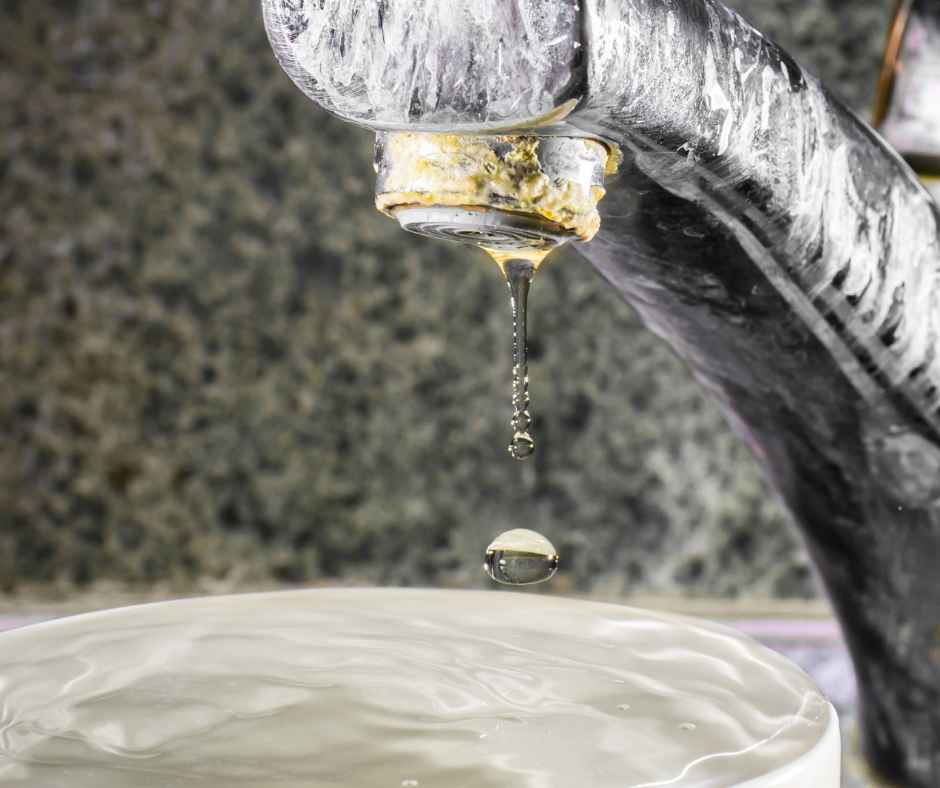
Hard Water & Hamilton County: Why Your Noblesville Home Needs a Water Softener

Preventing Pipe Bursts: Preparing Your Plumbing for Indiana’s Sub-Zero Temps
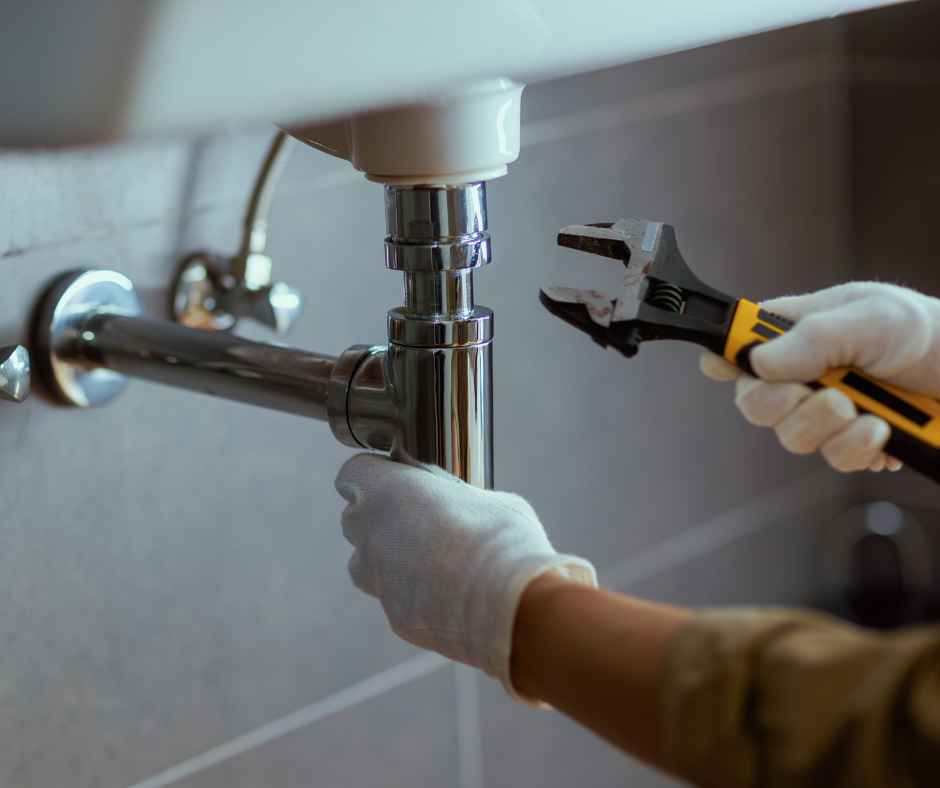
Why Hiring a Licensed Plumber Matters for Your Home’s Safety and Efficiency
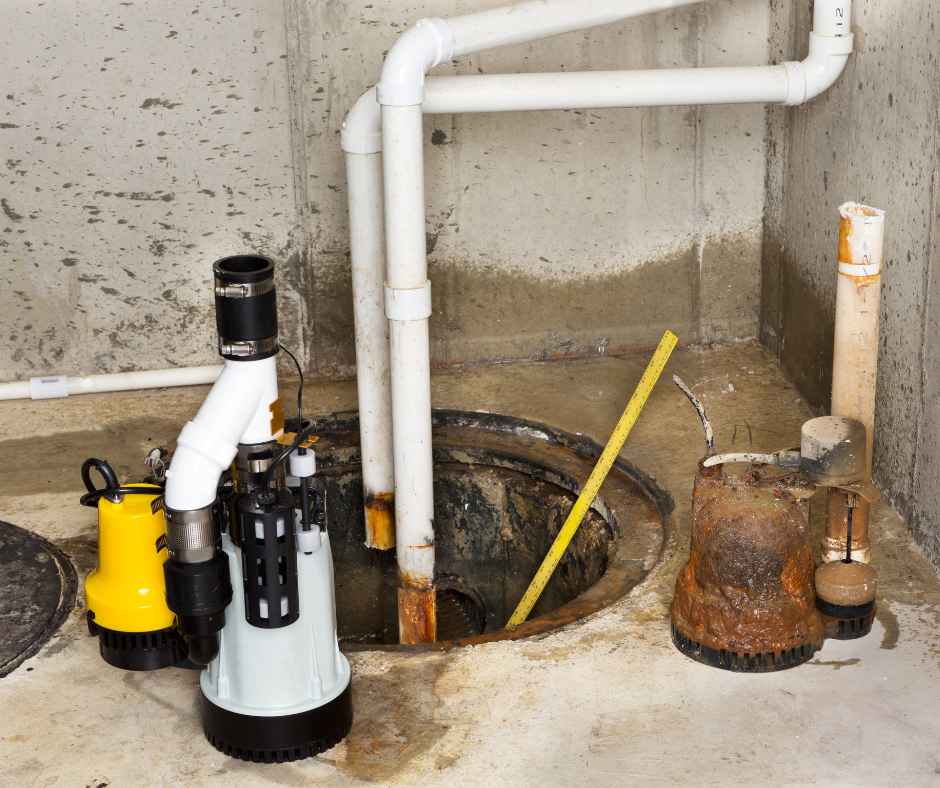
Why Your Sump Pump Needs Regular Maintenance and How to Do It
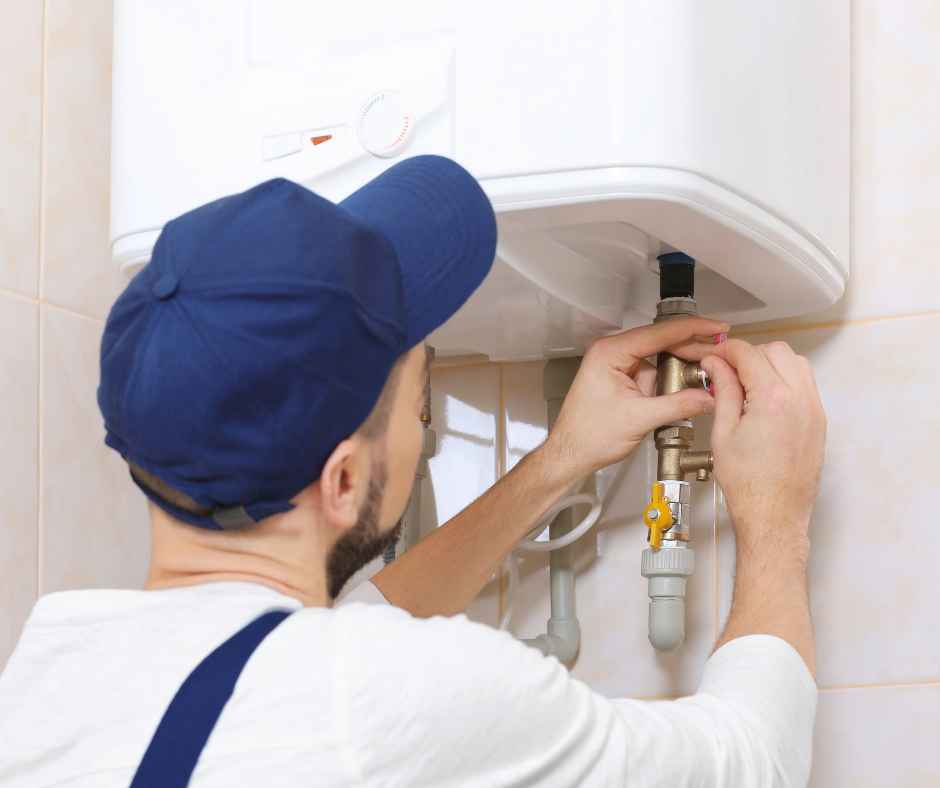
How to Choose the Right Water Heater for Your Home

Reverse Osmosis vs. Water Softener: Which Is Right for Your Home?
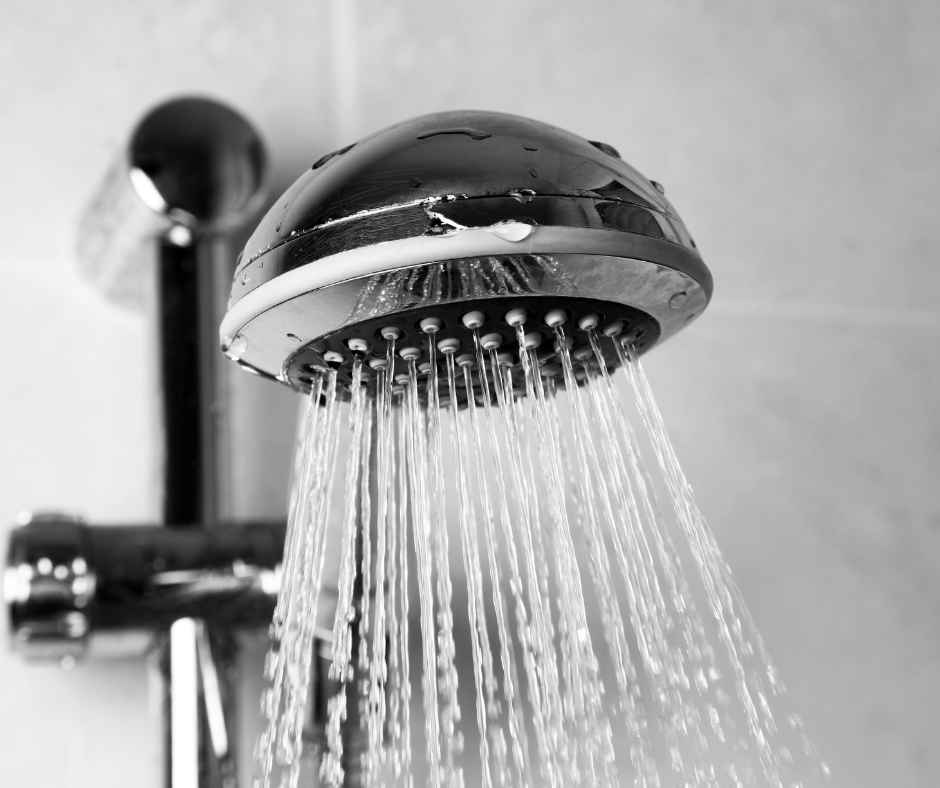
Seasonal Plumbing Maintenance Checklist for Hamilton County Residences
Get in Touch
